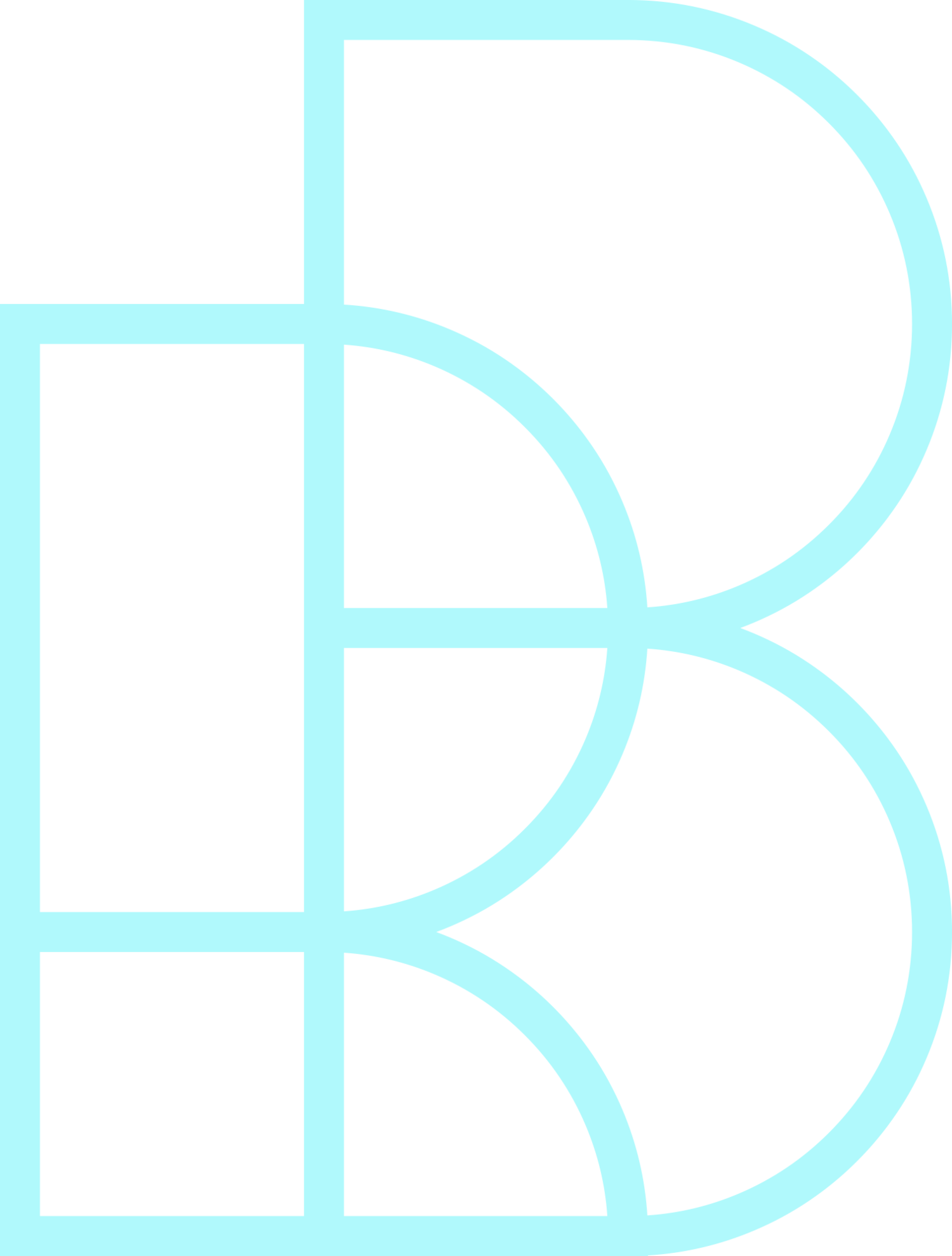Reflections
I spent a few years in a graduate program where the proof of ones learning was greatly based in reflection papers. I attacked my first piece with poetic beauty, waxing eloquently my emotional journey through the subject, the life changing impact and the ensuing outcome. Boy was I shocked and disgusted when it was sent back with “this is great…do it again…not a reflection paper”. I didn’t get it at first. With some questioning I soon found that the problem wasn’t my writing so mush as my content. I was reflecting on life and not on theory, nor on the application of the academic theory specifically to my work. I have to be honest, it took some time to understand and appreciate a quality academic reflection. Now with many under my belt I better see its value. Reflections are simply a way of laying all the facts on the table, organizing those learning pieces, there by firming up the impact on our cognition, and then applying the lessons to our work/life process. Verbalizing this allows us to back track the trail of experiences, redefine or affirm our acceptance of the learning journey and visualize exactly what we are and where we are headed.
I can’t responsibly reflect on the summer of 2014 at the AU Student Gardens alone. It was a great team that traveled the successes and failures with me. I consider myself lucky to be part of that team and we have started sitting for a number of sessions to begin unpacking the details of the last six months. Arthur and Stephen have been pining away and are starting to present some of that preliminary data, which is truly exciting. Take the Mobile Farmers Market component of our garden. This is the program that was supported by the Michigan government to make available local produce to the pockets of our county that have little access to good food, who may be struggling financially and where health concerns, because of this food accessibility, are becoming more apparent. In that pool of our customer base: when consumers used food stamps to buy vegetables they spent 8.5% more then those using cash, 47.2% are now hearing people in their neighborhood talk more about health and 60.4% responded that they were eating more vegetables this summer then usual. We served over a thousand people in 4 major areas of the county that were identified as ‘food deserts’ by the USDA at 7 unique stops.
We have data on what vegetables where popular as well as the impacts of the educational component of the onsite cook. We are walking away with theoretical learning and physical results from the application of that learning, with outcomes on the operation as a whole. But, like reflection papers in a school setting this is only part of a multi-step process. Many models picture this as a cycle where we understand theory, we apply this theory, we assess our success, make changes thus developing new theory, which we then put to use again- etc. However, it’s the step between looking back on a theory and a new application that I find most fascinating, especially as it relates to reflections. Because, in the root of the word still lives a picture of the past and a picture of the future…a reflection. Making for myself a critical connection to visualization.
Visualization is the communication link we have with our subconscious and it is empirically proven to have great impact on our future. In the years when Lani and I competed in triathlon we used visualization as a critical tool in our personal successes. We would journey to the course the day or week ahead of time, drive or biking the entire layout. We would take in the rolls and turns and begin to role-play how we would attack the course. Based on our past performance, the advise from a coach and theory we would build a plan. How hard we pushed, where we passed people and exactly how we would address transition was all address in the visualization process. The night before and the morning of I would play this all out over and over in my head. And after years of competition with many wins and losses only one race haunts me. It was a beautiful day in May on a twisty SW Virginia course. I had decided on every detail accept how I would address the swim. It was still cool, my competition would likely have wetsuits, my coach had passed on advise regarding my position but I hadn’t processed everything for myself and visualized the swim. The result was a last minute decision to just go swim and give it my all. It was one of the most frustrating and demoralizing experiences I’ve ever put myself through. I finished well, no drama, but not where I would have if I had insisted on proper reflection. Not visualizing had a measured and direct result that lives in my memory still today.
Reflection doesn’t happen involuntarily. It’s a purposeful journey where we look and then visualize the future. How we see ourselves is likely how we will grow personally or organizationally. It’s purposeful time spent in that seam of life between the past and future makes the future what it is. Kipling said, “Gardens are not made by singing “Oh, how beautiful,” and sitting in the shade.” Gardens are made with work, hard dirty work that’s founded in research and reflection.
We can’t thank our community enough for letting us serve you. We sell food not products. We grow plants, students and a healthier community. We take it seriously. And, as we draw a close to a season we begin the process of visualizing the greatness that lays before us. We envision you as part of that future. So, until Spring, we say goodbye.


